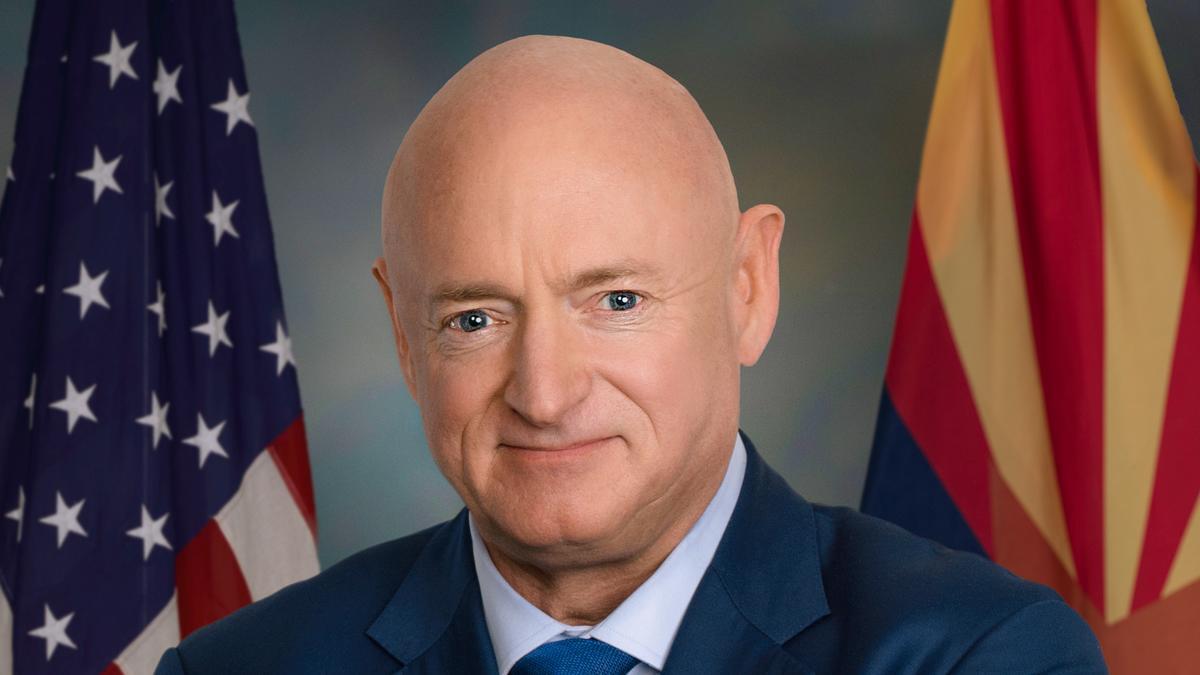As budgetary and inflation concerns in the U.S. amplify, many economic experts have harsh criticism for Sen. Mark Kelly (D-AZ).
Economists have attributed the the nation's struggles with inflation to legislators who have approved reckless spending in recent months.
"Since the first half of 2021, U.S. inflation has increasingly outpaced inflation in other developed countries," economists from the Federal Reserve Bank of San Francisco said in a March report. "Estimates suggest that fiscal support measures designed to counteract the severity of the pandemic’s economic effect may have contributed to this divergence."
Paige Terryberry, senior analyst for Fiscal Policy at the John Locke Foundation, also confirmed that the current bout of inflation stems from the massive injection of cash since the pandemic’s onset.
Currently, inflation sits at 9.1%, a record-setting number, and there are no signs of it getting better any time soon. Another half-trillion dollars of government spending is in the pipeline. Arizona voters are turning to Kelly, who voted "yes" to a number of these measures, for an explanation.
Some recent examples of Kelly's approval for new spending include his vote to extend the $150 billion CARES Act in March of 2021 and the $2.3 trillion Consolidated Appropriations Act of 2021, both of which were meant to provide relief for businesses suffering from the circumstances presented by COVID-19.
Kelly also helped create the CHIPS-plus Act, which provides more than $52 billion in funding for companies that produce computer chips in the U.S., a recent from The Hill said. Kelly believes that this bill will help to create thousands of jobs in his state.
Last year, President Joe Biden proposed a $6 trillion budget for the 2022 fiscal year, which the New York Times reported "would take the United States to its highest sustained levels of federal spending since World War II."
Kelly and his Democratic colleagues are also supporting the Inflation Reduction Act of 2022 to help curb the effects of government spending, a recent New York Post report said. The bill will support $430 billion in spending on energy, electric vehicle credits and health insurance grants. Additionally, estimates suggest that under the Act, $739 billion of revenues would be raised from tax increases, the National Law Review reports.
Economic anxiety is expected to continue to rise as government spending shows no signs of slowing down.

